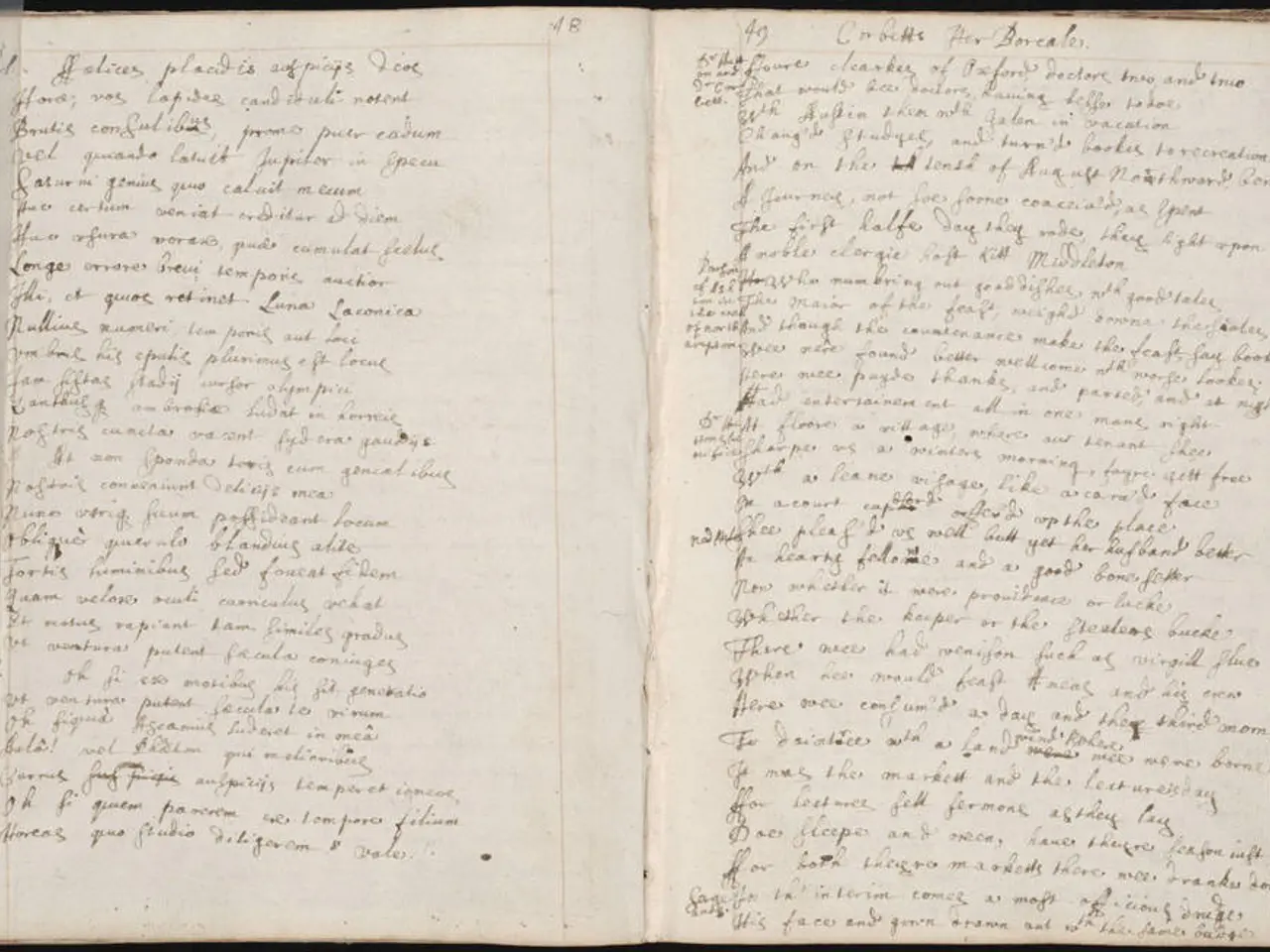Navigating the Steps Involved in Academic Composition in Educational Settings
Writing is a multi-step process that involves planning, drafting, revising, editing, and publishing. This structured approach helps organize ideas clearly and refine expression to communicate meaningfully in literacy and language arts.
Pre-writing (Planning and Thinking)
Begin by understanding the writing task, generating ideas, and making an initial plan or outline. This step encourages critical thinking and organizes thoughts, which is crucial for conveying clear meaning.
Drafting
Write a first draft focused on translating ideas into sentences without worrying much about errors. This allows the writer to flow with creativity and develop initial content.
Revising
Review the draft critically to improve clarity, coherence, structure, and depth of ideas. This may involve reordering points, adding examples, or clarifying the message, enhancing self-expression.
Editing
Focus on correcting grammar, spelling, punctuation, and formatting. This step polishes the text for effective communication and readability.
Publishing/Submitting
Finalize the text and share or submit it as required. Receiving feedback at this stage is important for continuous improvement.
For children and developing writers, writing skills grow through systematic stages—starting from scribbling to phonemic awareness, then invented spelling, and finally coherent conventional writing combined with spelling and phonics knowledge. Supporting oral language skills is foundational since oral proficiency generally predicts writing ability.
Emerging readers and writers use strategies such as monitoring for meaning, rereading for comprehension, using phonetic principles, and responding to texts through writing. These literacy skills contribute to self-expression and communication development in writing.
In summary, effectively navigating the writing process means treating writing as a recursive and reflective activity—planning thoroughly, drafting openly, revising thoughtfully, and editing carefully—to enhance both literacy skills and personal expression. This approach aligns with developmental literacy stages and proven educational strategies for improving communication in language arts.
Engaging in education-and-self-development activities like writing can foster personal-growth by enabling individuals to organize thoughts, express ideas clearly, and refine their communication skills. Practicing learning strategies such as planning, drafting, revising, editing, and publishing can enhance self-expression and promote meaningful personal-growth.




